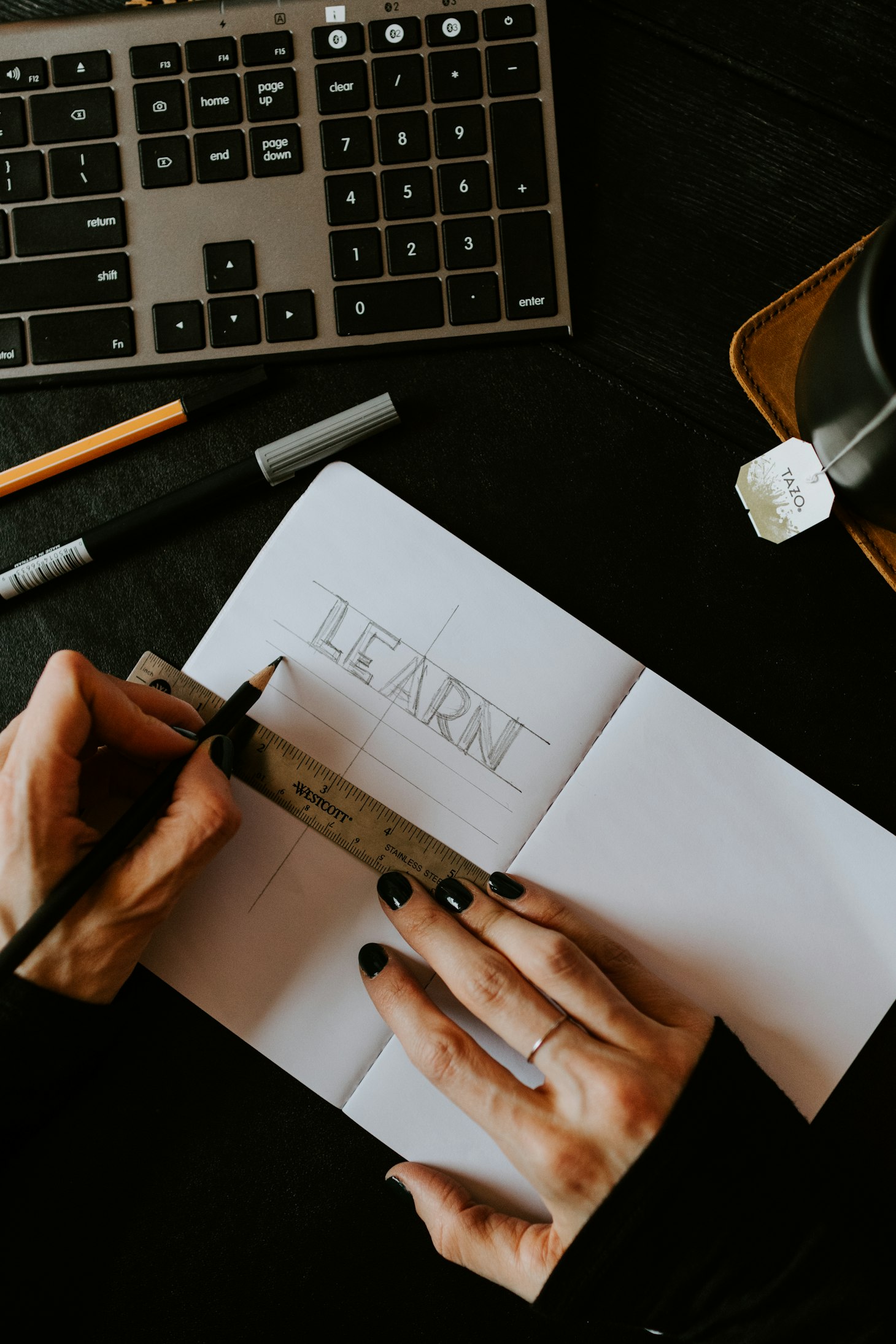3 Ideas to Learn Better

It's 4 in the morning.
I downed a cup of instant coffee, reached for my Biology notes and started to cram plant taxonomy.
My Biology finals was in 4 hours, and I needed to get good marks to get into medical school.
I went through the same process for my other papers, and the whole week was a train wreck of stress.
The best part? I don't recall one thing from my cramming sessions when my exams ended.
Fast forward to medical school, I learnt about how we can retain information longer, and in less time.
In this post, I'll share evidence-based techniques to learn better.
1. Test yourself
"By testing your memory, you not only assess what you know but also enhance later retention."
"The testing effect is real. Dozens of studies show that you will recall 50% more of learned information by testing yourself than by using the same amount of time to study (for example, one research team found a score difference of 67% with testing vs. 45% with studying)."
Research has proved that trying to recall information is more effective than re-reading the same material many times. When you test yourself, it reveals what you know, creates connections in our brain and improves retention.
If someone told you that you can improve your exam marks by 22% with a simple trick would you do it? Testing yourself is like an exam cheat code.
Source: What is the testing effect?- via NEJM Knowledge Plus
2. Space out your repetitions
"This is where the spacing effect comes in. It's a wildly useful phenomenon: we are better able to recall information and concepts if we learn them in multiple, spread-out sessions. We can leverage this effect by using spaced repetition to slowly learn almost anything."
“There is a way to slow down the process of forgetting. We need only to recall or revisit the information after we originally come across it. Going over the information later, at intervals, helps us remember a greater percentage of the material. Persistence will allow us to recall with 100% accuracy all that we want to remember.”
If we want to retain what we learn, we need to repeat our reviews of the material over an increasing period of time. Repeating your repetitions might not show immediate results like cramming, but it leads to longer retention.
Source: The Spacing Effect: How to Improve Learning and Maximize Retention - via Farnam Street
3. Learn from your mistakes
"The problem with praising kids for their innate intelligence -- the “smart” compliment -- is that it misrepresents the psychological reality of education. It encourages kids to avoid the most useful kind of learning activities, which is when we learn from our mistakes. Because unless we experience the unpleasant symptoms of being wrong -- that surge of Pe activity a few hundred milliseconds after the error, directing our attention to the very thing we'd like to ignore -- the mind will never revise its models. We'll keep on making the same mistakes, forsaking self-improvement for the sake of self-confidence. Samuel Beckett had the right attitude: “Ever tried. Ever failed. No matter. Try Again. Fail again. Fail better.”"
If you're afraid of failing, you won't experiment and make mistakes. This will slow down our learning process. Our best teacher is our own mistakes.
If we want to learn faster, we need to accept failure as part of the learning process, make lots of mistakes, and learn from them. Kids learn skills faster because they're not afraid of making mistakes. Adults would rather play it safe instead of embarrassing themselves.
A similar advice comes from writing: You won't recognise good ideas when you haven't weeded out the bad ones.
Source: Why Do Some People Learn Faster? - via WIRED
Our intelligence does not determine our abilities to learn. Rather, our approach to learning is the most important factor. We can learn faster and better with these methods: test yourself, space out your repetitions and learn from your mistakes.
Let’s keep in touch
Get the latest posts delivered right to your inbox



